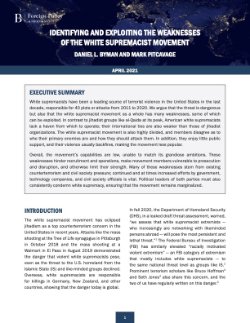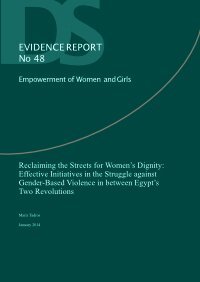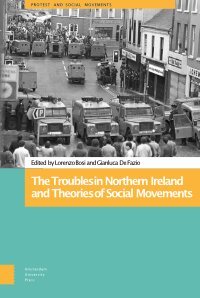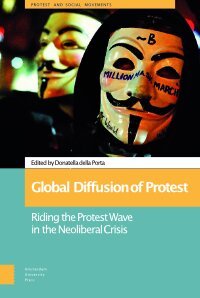By Sylvia Barack Fishman
Waves of Jews emigrating to the United States from colonial to contemporary times were often fleeing active persecution, regarded as pariahs by surrounding Christians and Muslim majorities in their lands of origin. But in America, despite a range of difficult challenges, the status and image of Jews were both gradually transformed. Several excellent studies document how perceptions of Jews as a clearly defined “race” gradually eroded as the American twentieth century wore on.1 Still, among children of the immigrant generation, and among Holocaust survivors and their descendants especially, many American Jews continued to believe that Jews were potentially vulnerable, and should remain vigilant to potential antisemitic flare-ups. Even Jews born in the United States often felt that White Anglo-Saxon Protestant America, while “exceptional” and much more benign than most countries of origin in its treatment of the Jews, still exhibited occasional signs of antisemitism. Even after American Jews had become “white folks,” many insisted that their Jewish “whiteness” was still different than that of the WASPs, whom novelist Philip Roth desig- nated “the real owners of this place,”2 and Jewish often seemed to be “whiteness of a different color.”3 This Jewish sense of vulnerability was part of the motivation for American Jewish political and social activity on behalf of other oppressed groups and new immigrants: As sociologist Marshall Sklare demonstrated in his groundbreaking studies, many suburbanizing liberal American Jews in the 1950s and 1960s asserted that one of the most “essential” activities in order to be a “good Jew” was to “work for civil rights” and to help “attain equality for Negroes.”4 Many Jews took as their foundational religious motto the biblical principle “Be kind to the stranger because you were strangers in the land of Egypt” (Deuteronomy 10:19), meaning that Jews are a people whose lives intersect with other oppressed peoples, and Jews are responsible for helping other oppressed peoples. No longer stereotyped as foreign-looking, accented and struggling newcomers, successive generations of American Jews were increasingly (and sometimes negatively) portrayed as typifying the bourgeoisie or sometimes the nouveau riche. Satirical portrayals created by Jewish authors and filmmakers contributed: Herman Wouk, Philip Roth, and countless film and television screen-writers shone unflattering spotlights on aggressively upwardly mobile Jewish men and on Jewish women as the incarnation of spiritually bankrupt Judaism-as-consumerism. Ironically, among politically right-wing Americans, Jews were simultaneously stereotyped as communist “Reds” during and through the years leading up to the McCarthy/House Un-American Activities Committee hearings. Both sides of this negative stereotyping—the Jew as capitalist consumer and the Jew as “Red Menace”—reveal the durability of Jews as a distinctive, “othered” minority American group. (continued_
OCCASIONAL PAPER SERIES no. 1/2021
Oxford ◆ Cambridge ◆ New York.◆ Jerusalem ◆ Toronto.◆ Rome;
The Institute for the Study of Global Antisemitism and Policy
ISCAP 35p.

















